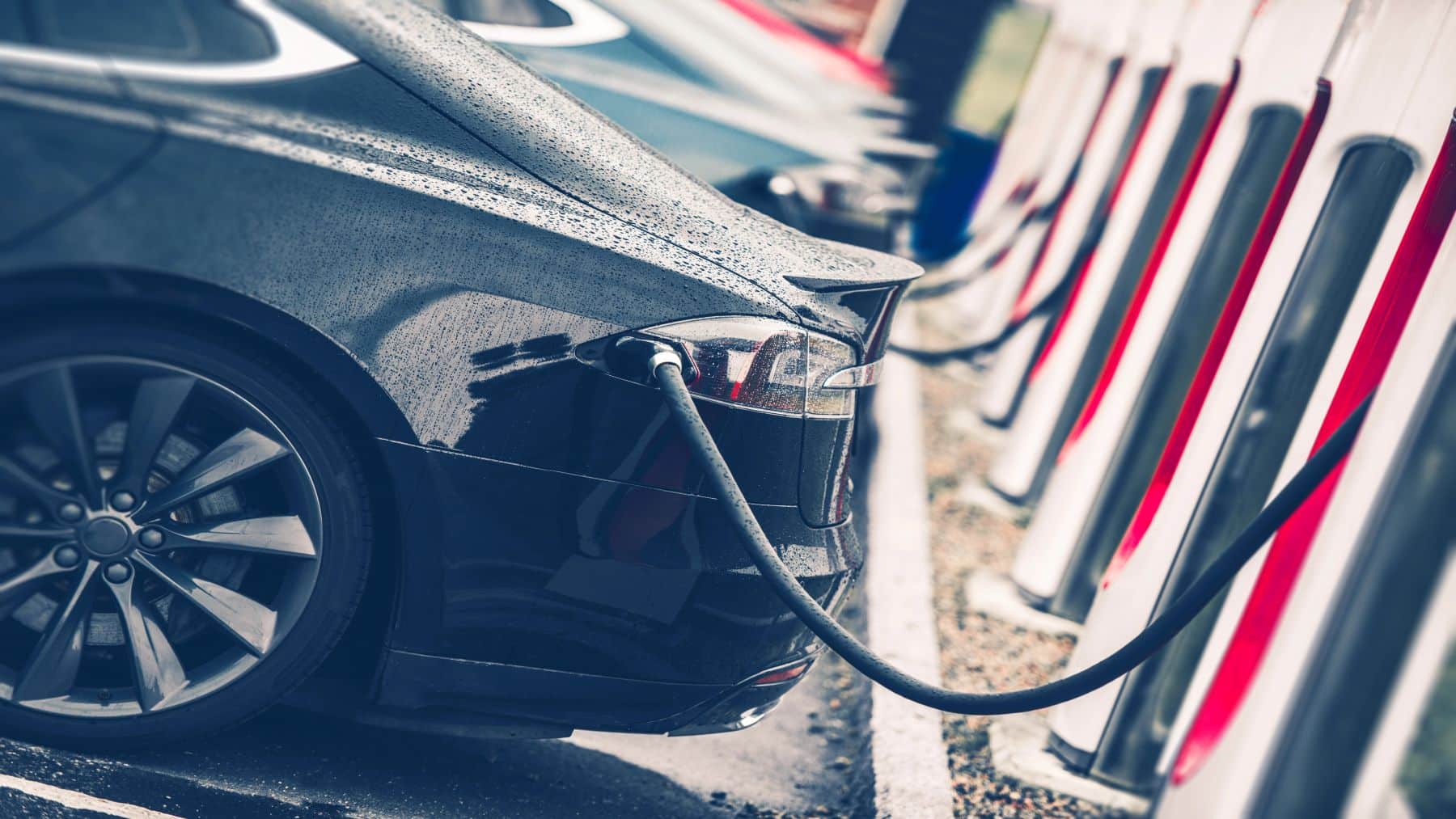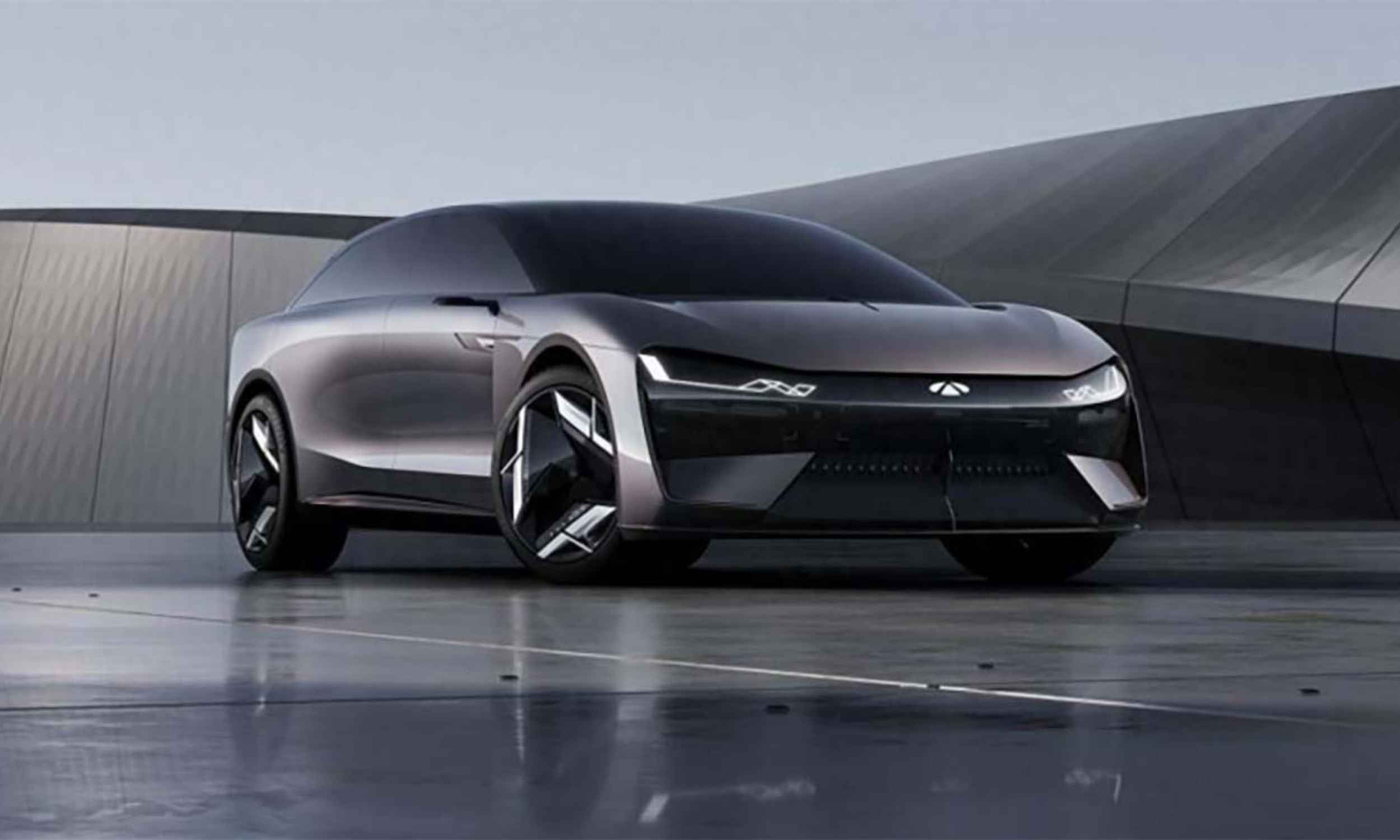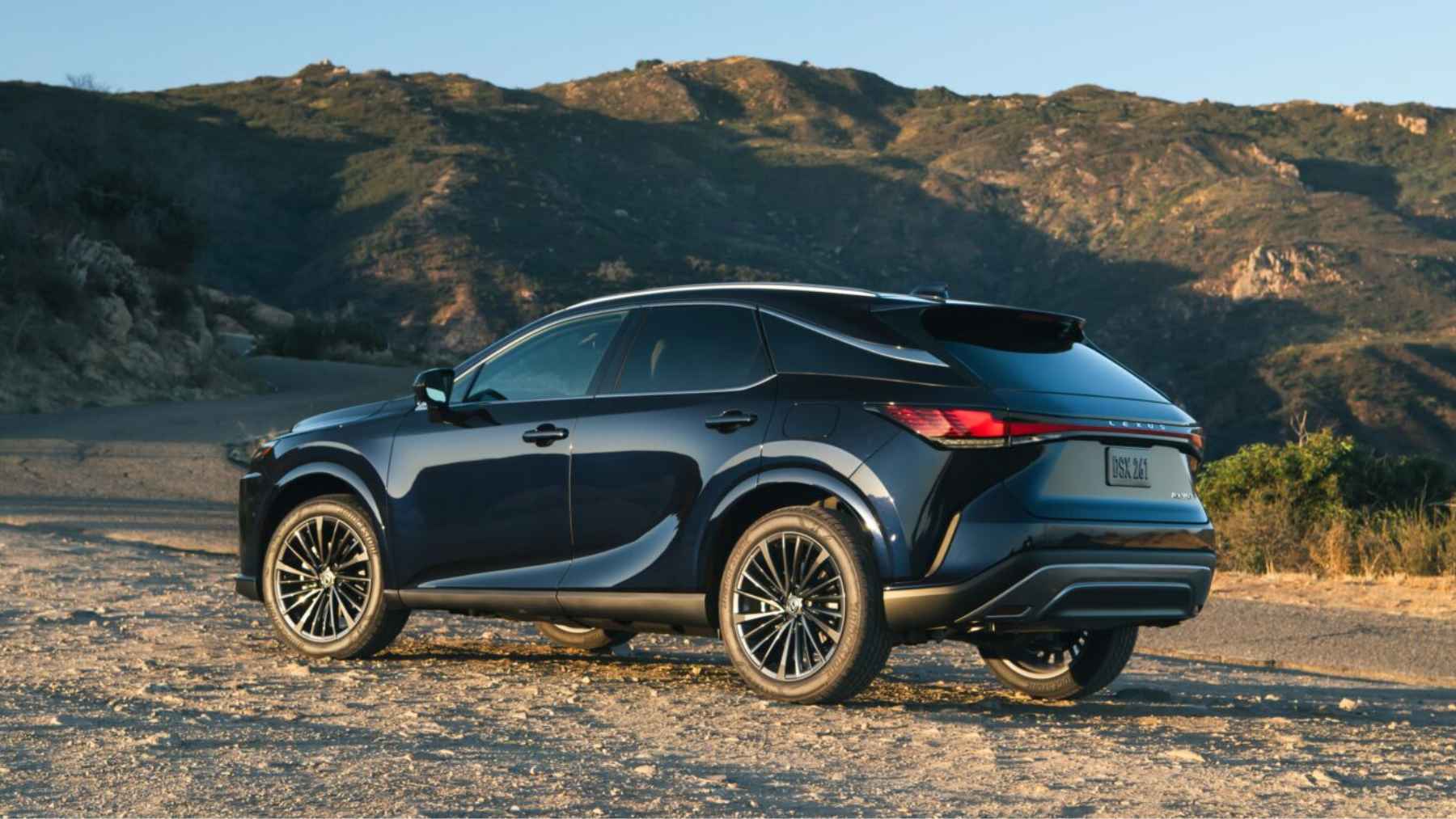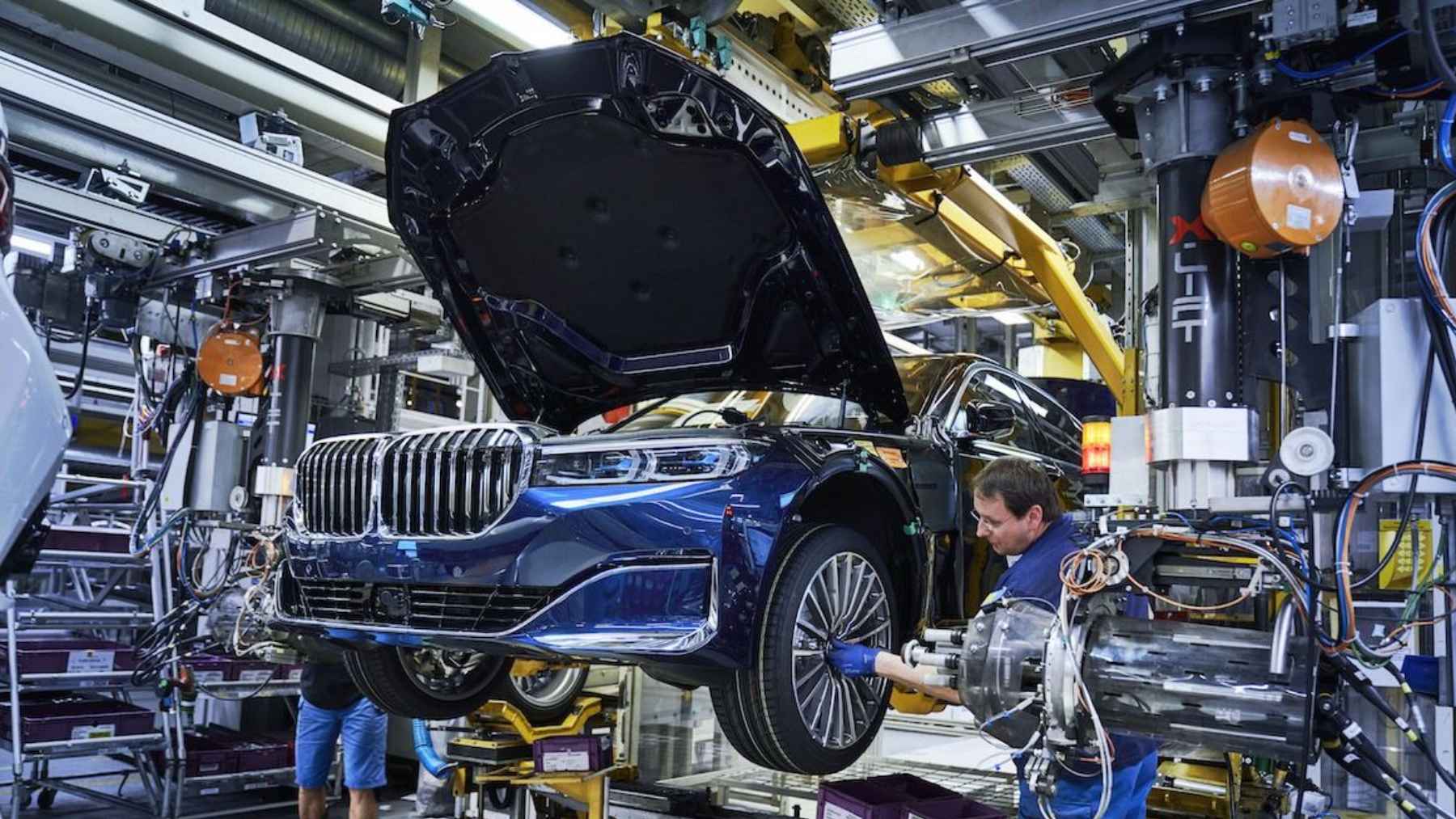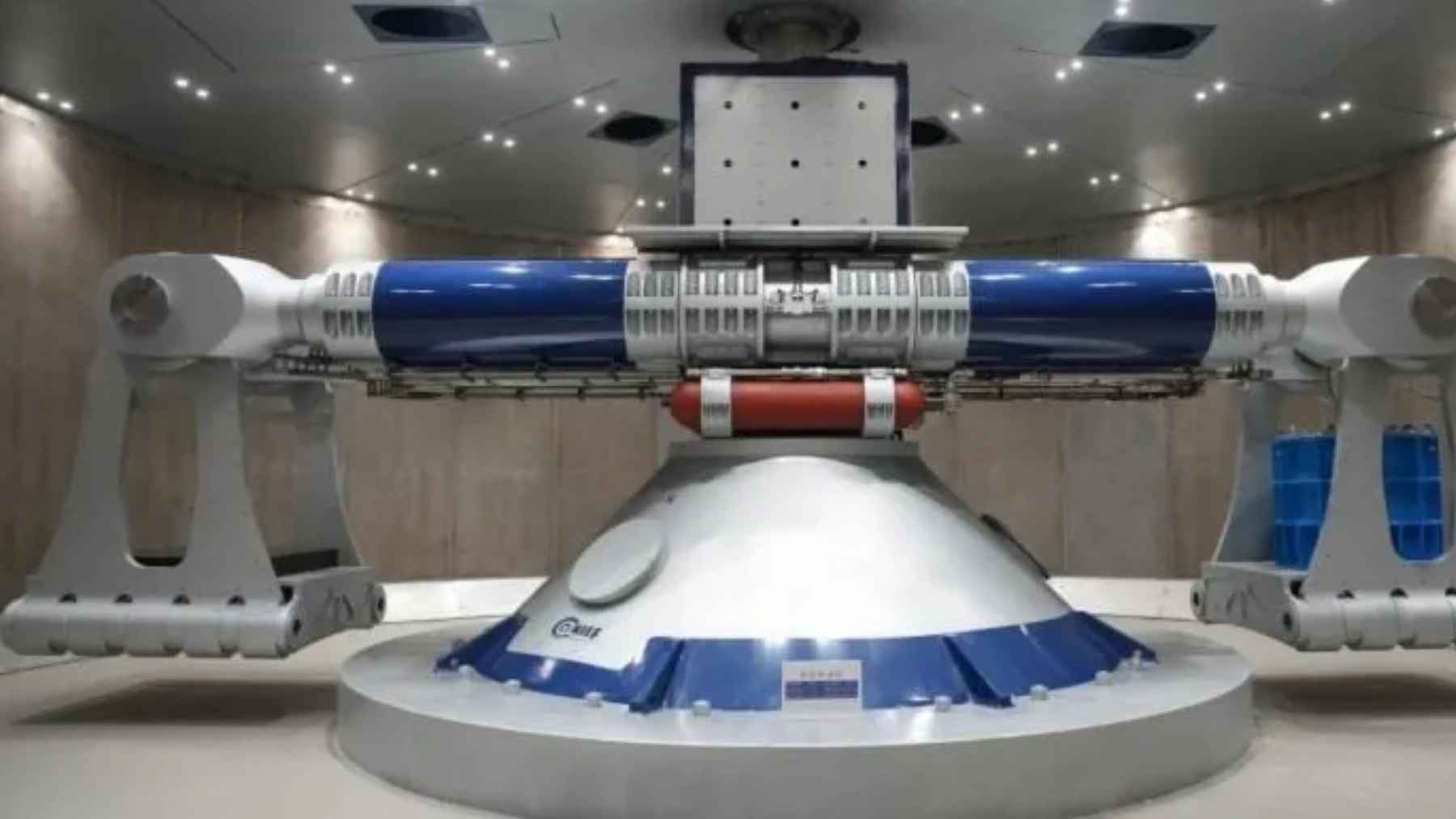As the world continues to grapple with the climate crisis, electric cars are set to become the new reality sectors and industries are looking for ways to play their part in ensuring that the world reaches our emissions targets before we cause irreversible climate change. As such, the transportation industry has been significantly investigating and accelerating the development of alternative engine solutions. Now, this country may show what a sustainable transportation sector could look like.
Electric cars are taking the world by storm
In an age of alternative engine solutions, no such piece of innovation has fared as well as the electric engine. While initially seen as an obscure piece of technology, it has since risen to become the most popular alternative engine solution seen on the road, with nearly all major automobile companies now offering their own electric models. Plug-in hybrids have been particularly favored by consumers, and approximately 22% of light-duty vehicles sold in the first quarter of 2025 in the US were hybrid, battery electric, or plug-in hybrid.
Part of the major success of electric cars is due to American electric vehicle and battery technology developer Tesla. Headed by CEO Elon Musk, Tesla was able to successfully transform public opinion of the electric car from being a niche and emerging type of car to one that represents luxury and futuristic development. As the passenger-vehicle industry considers its future, the electric car has been pinned as the prime target to continue to develop and expand.
Norway is doing its part to lower emissions by moving to electric cars
While the electrical engine is the most dominant alternative engine seen on the road, in the US and globally, the internal combustion engine continues to win by a large majority in terms of total vehicle sales and presence. However, as more countries begin to develop sustainability policies and supporting infrastructure for renewable developments, the internal combustion engine is slowly starting to fall.
In Norway, fully battery-powered vehicles made up 89 percent of all new cars sold in 2024. This figure represents a 7% increase from 2023, where 82% of new vehicles sold in the country were fully battery-powered vehicles. The Norwegian parliament has set its sights on ensuring that this figure will rise to 100% by the end of 2025.
“This goal is possible to reach,” says Øyvind Solberg Thorsen, Director of Opplysningsrådet for Veitrafikken (OFV), the Norwegian Road Federation.
The Norwegian government has taken major steps to incentivize consumers to not buy internal combustion engine vehicles and to switch to electric cars, including offering VAT exemption for electric vehicles up to the price of 500,000 kroner and raising the taxes on vehicles with an internal combustion engine as of this year. This tax raise also applies to plug-in hybrids as the government pushes for full electrification.
Is the future of transportation electric?
With Norway seeing almost complete extinction of the internal combustion engine, it offers hope that it is possible to see a world where the internal combustion engine may no longer be seen on the road, or at the very least, become overtaken by more sustainable solutions. While many automobile companies have set their sights on the electric car becoming the future of the passenger vehicle, others are still holding out for other alternative engine technologies.
The hydrogen fuel-cell engine has been particularly favored and developed by Japanese automobile developers such as Toyota and Hyundai. While these major powerhouses have developed their own robust and competitive electrical engine technology, that does not mean they are not continuing to diversify their engine lineup. While many believe that the future of the passenger vehicle is electric, hydrogen developments still hold potential to play an important role in transportation sectors where electrical technology is not possible.
